Supports for various groups

People who live in the country do not have as many health and disability services as people who live in the city.
Country areas are sometimes called rural and remote areas.

For more information about people living in rural and remote areas visit https://www.idmhconnect.health/
people-living-rural-and-remote-areas/ER
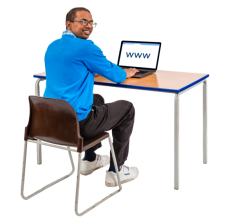
Below are service and supports for people who live in rural and remote communities.

Specialist Intellectual Disability Health Teams have mental health workers who know how to work with people with intellectual disability.

The mental health workers can have appointments with you using teleconferencing.
Teleconferencing allows you to see and communicate with people online.
You can use programs like Zoom to teleconference.
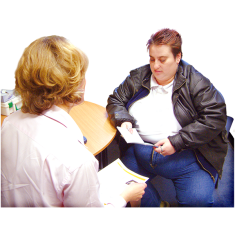
The mental health workers may also come to your area.

Specialist Intellectual Disability Health Teams can give advice to your doctor or mental health worker.

For more information about specialist services visit
https://idmhconnect.health/mental-health-services-services/ER
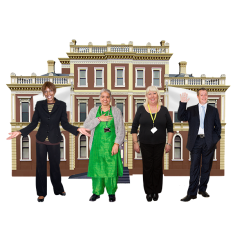
A person who has come into contact with the criminal justice system is someone who needs to communicate with or go to the
- Police
- Courts
- Prisons
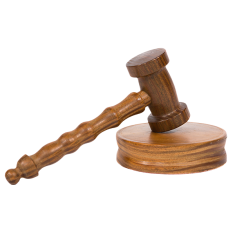
The courts are where people decide if someone has broken the law.
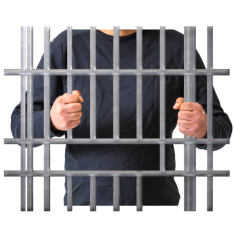
Prisons are places where some people stay if they have broken the law.

For more information about the criminal justice system visit https://www.idmhconnect.health/
people-contact-justice-system/ER

Below are services and supports for people in contact with the criminal justice system.

The Justice Advocacy Service is a free advocacy service.
For more information about the service visit https://idrs.org.au/jas/

You can get a justice advocate to support you.
A justice advocate supports and assists people who are involved in the criminal justice system.

A justice advocate who works at a Justice Advocacy Service is free.
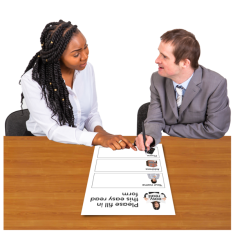
They can organise a support person for you.
A support person supports people with intellectual disability to
- Have all their rights met
- Fully participate in the processes of the criminal justice system

The justice advocate or support person can support you to
- Know what to expect will happen
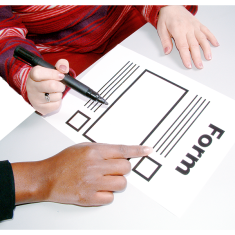
- Fill in forms
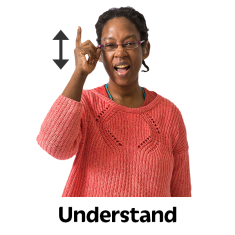
- Understand how you should be treated

- Stay calm
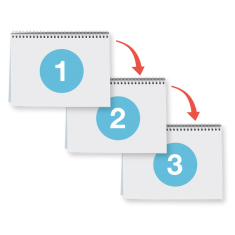
- Understand what has happened
- Understand what will happen next
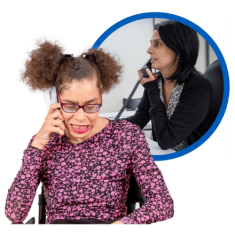
The Community Restorative Centre has a free telephone information and referral service.
Call them on (02) 9288 8700 between 9am and 5pm.

The Community Restorative Centre also has services and programs that support people who have left prison.

For more information about the Community Restorative Centre visit https://www.crcnsw.org.au/get-help/
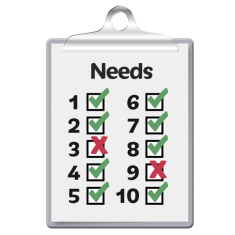
People with intellectual disability can have many support needs.
Support needs means you need support with different things in your life.
Support needs are sometimes called complex needs.

For more information about multiple needs visit https://www.idmhconnect.health/
people-multiple-needs/ER

Below are services and supports for people with multiple needs.

Specialist Intellectual Disability Health Teams know how to work with people with intellectual disability.
They can work with your doctor or health workers to help support you.

The Statewide Intellectual Disability Mental Health Hubs know how to work with people with intellectual disability.
They can work with your doctor to help support you.

You can let your doctor know about the Hubs.

For more information about the Hubs visit https://www.health.nsw.gov.au/
mentalhealth/Pages/intellectual-
disability-mental-health-hubs.aspx

The NSW Developmental Disability Health Unit can work with your GP to support your health problems.
For more information about the unit visit https://cds.org.au/clinics-services/royal-rehab-clinic-ddhu/
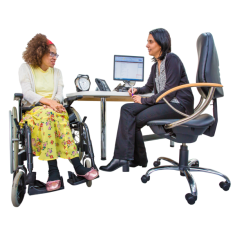
A GP is the doctor you see when
- You are sick
- You need a health check
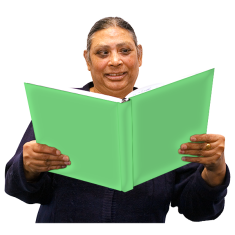
The Admission2Discharge Together Folder can keep together your health information.
The folder can make it easier for you if you need to go to hospital.
You can take the folder with you to hospital.
For more information about the folder visit http://a2d.healthcare/
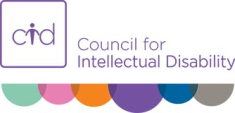
The Council for Intellectual Disability has a My Health Matters folder.
For more information about the folder visit https://cid.org.au/resource/my-health-matters-folder/

People with intellectual disability can experience many situations or events that can cause them trauma.
Trauma is when something has happened to you that made you very frightened or very upset.

For more information about trauma visit https://www.idmhconnect.health/
people-who-have-had-trauma/ER

Below are services and supports for people who have experienced trauma.

Call the Disability Abuse and Neglect Hotline if you want to tell someone about
- Abuse
- Bullying
- Neglect

You can call the Disability Abuse and Neglect Hotline on 1800 880 052.
It is free to call them.
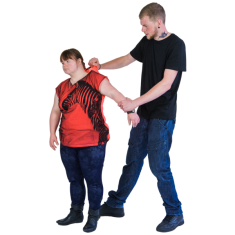
Abuse is when someone says or does something to hurt you or make you feel bad.
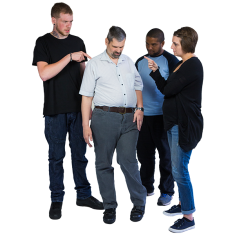
Bullying is when someone or a group of people are mean to you on purpose.
This could be more than one time.
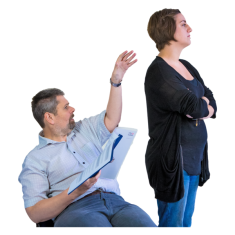
Neglect is when someone who is supposed to be supporting you does not give you the care you need.

Contact the National Counselling and Referral Service if you need support after you have experienced
- Abuse
- Bullying
- Neglect
You can call the service on
1800 421 468.

Speak Up and be Safe from Abuse has Easy Read information.
This information can support you to communicate to someone that you
- Have experienced
- Or are still experiencing abuse
For more information visit
https://www.speakupandbe safe.com.au/
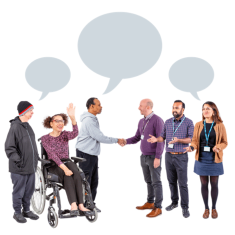
The Royal Commission into Violence, Abuse, Neglect and Exploitation of People with Disabilities is a group of people who
- Listen to the stories of people with disability
- Tell the government how to make things better

You can let the Royal Commission know about your stories.
For more information visit https://disability.royalcommission. gov.au/share-your-story